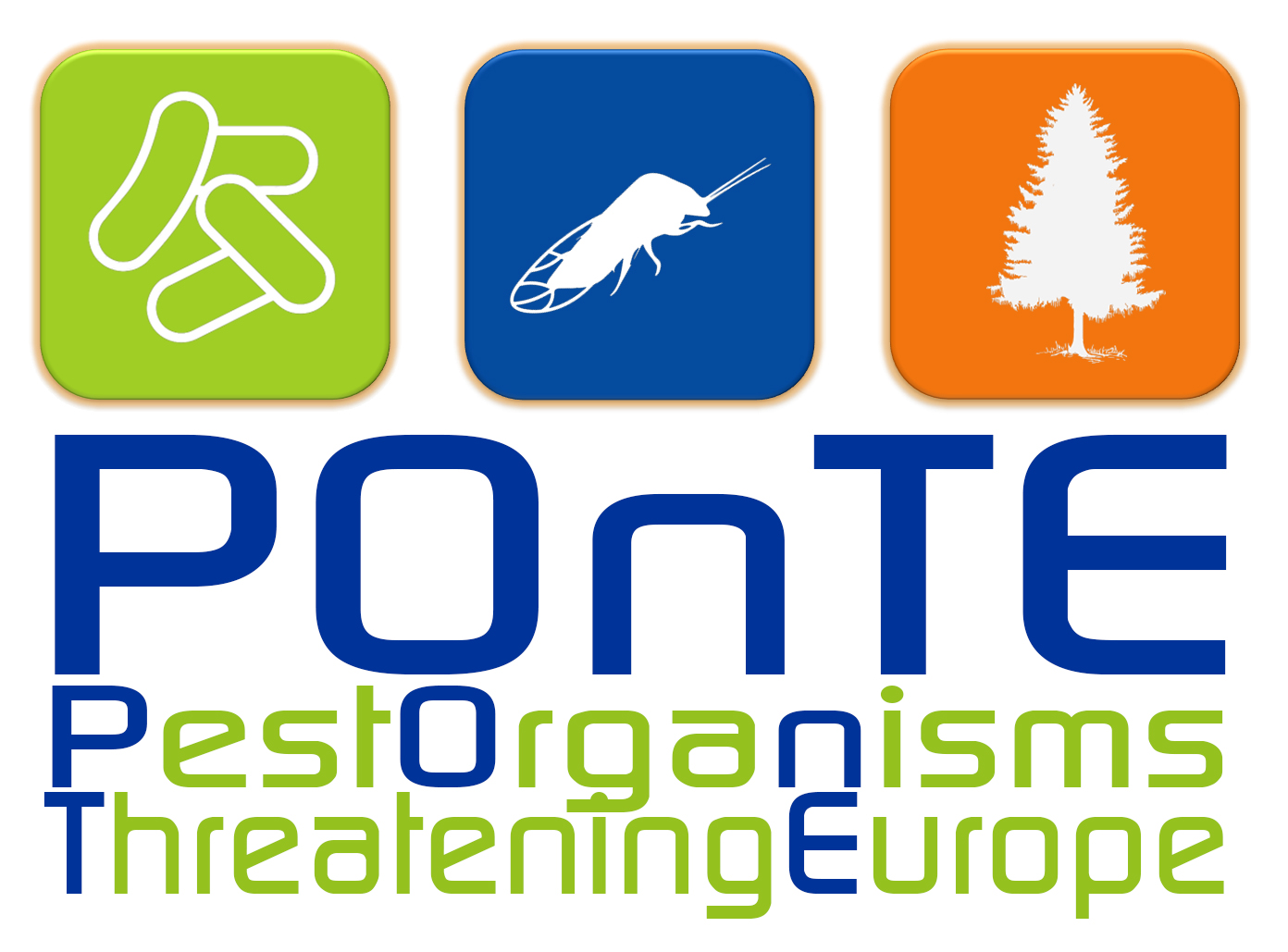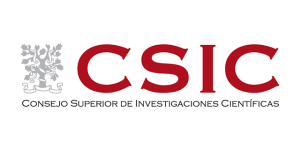SPANISH NATIONAL RESEARCH COUNCIL
AGENCIA ESTATAL CONSEJO SUPERIOR DE INVESTIGACIONES CIENTÍFICAS
Project Partner
P6
Website
www.csic.es
Address
CALLE SERRANO, 117
28006 MADRID
SPAIN
Contact Persons
CSIC-ICA (Madrid)
Name: Alberto Fereres
Phone: 0034 917452500-950002
Fax: 0034 915640800
Email: a.fereres@csic.es
CSIC-IAS (Cordoba)
Name: Blanca Beatriz Landa
Phone: 0034 957499279
Fax: 0034 957499252
Email: blanca.landa@csic.es
PROFILE
CSIC is the largest public research institution in Spain covering all fields of knowledge. Within the agricultural science area two Institutes, Institute for Sustainable Agriculture (IAS) and Institute for Agricultural Researches (ICA), will participate. The main aim of IAS and ICA is to increase yield efficiency of agricultural systems in Mediterranean environments by using integrated management strategies of quarantine and native pathogens and pests avoiding the environmental damages and economic losses that they cause. This aim is reached by developing environmentally-friendly management strategies that will assure agricultural systems efficiency and yields, and quality and safety of their products. Research activities are undertaken with a multidisciplinary approach that includes taxonomy, insect ecology behavior and biology, plant stress, epidemiology, population structure of plant pathogens and pests and host genotype response to pests and pathogens. This is achieved by using classical and molecular tools, remote sensing, quantitative epidemiology, habitat manipulation, host plant resistance and studying the impact of biotic and abiotic stresses and climate change on plant-pathogen-pest interactions.
ROLE IN THE PROJECT
CSIC will study the genetic structure of the populations of Xylella fastidiosa responsible for Olive Quick Decline Syndrome (OQDS) and of Phytophthora spp. and Chalara fraxinea affecting forest plant species, and will participate in the development, implementation and validation of diagnostic protocols for the early and rapid detection of all target pathogens included in the project. CSIC will characterize and monitor xylem-sap-feeders and psyllid vector species populations, their host range and feeding behavior, and will estimate the propensity of a given psyllid species to experimentally transmit Candidatus Liberibacter solanacearum. CSIC will also develop, test and validate remote sensing methods for the early detection and disease monitoring and will validate the remote sensing devices with the end user partners. CSIC will also contribute to develop new quantitative tools for risk assessment of the invasive species detrimental to plant health and to assess their potential distribution under climate change. CSIC will also participate in the investigation of integrated disease management and mitigation strategies. Finally CSIC will participate in dissemination of technical and scientific results and demonstrative fields.
CSIC will be involved in the following work packages: WP3, WP4, WP5, WP6, WP8, WP9, WP10, WP11

